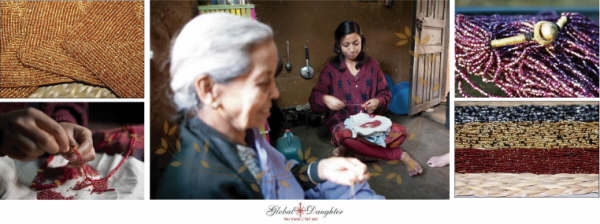The following article was written by the Editor of The Kathmandu Post in celebration of the new Federal Republic of Nepal.
We take joy and pleasure in congratulating all the citizens of Nepal. Turning Nepal into a republic is the biggest achievement of the people in the history of this country. Formally, from may 28, 2008 onward, we Nepalis are no longer subjects of the Shah Dynasty that fooled the innocent people for over 240 years, pretending that the king was a reincarnation of Lord Vishnu. All the kings in the past, without any exception, considered themselves the masters, despite the fact that they survived and led luxurious lives on the money the people paid in taxes. Instead of improving the economic and social conditions of the people, the monarchy only prompted feudalism, corruption, nepotism and favoritism. Members of the royal family and their cronies looted the country of its resources, making this one of the poorest in the whole world. So, irrespective of whether anyone is a republican, this is a day of joy for all Nepalis. On this joyous occasion, we can not fail to pay tribute to the known and unknown martyrs of the republican cause of democracy.
The first and foremost credit for the republic goes to none other than the Maoist. Though the Post never agreed with the violent methods the Maoists adopted, it would be unjust not to recognize their role in bringing this day about. The role of Prime Minister, Girija Prasad Koirala, Madhav Kumar Nepal and the other political leaders cannot be underestimated at the moment. Had not the political parties agreed to the agenda of the Maoists, the latter's violent methods alone would not have been sufficient to achieve the goal. Similarly, civil society leaders, lawyers, human rights activists, journalists, academics, artistes and other members society who wholeheartedly supported the republican agenda also deserve due recognition.
However, there are many hurdles confronting the Federal Democratic Republic of Nepal. The first and foremost issue would be the formation of a government. The amendment of the interim constitution is another issue that needs careful handling by all the parties concerned. Though the Maoist leadership has committed itself innumerable times to respecting pluralism and democracy, it will require a Herculean effort by the other parties to make them practice what they pledge. We have more or less settled the issue of republic but the question of a federal structure is going to bog us down bad. As a commitment has already been made to federalism, we cannot escape delineating the country into a number of federated units. However, delineation of the states in the federation in terms of ethnicity alone will ultimately ignite ethnic strife in the country. Let us hope all the parties pushing for an ethnic federal structure will reconsider their stance before it is too late. Finally, the drafting of the new constitution and its endorsement by the 601-member Constituent Assembly is another challenge. But for now, we can relish the achievement of the republic. It the unity and understanding among Nepalis continue, no challenge ahead will be impossible to tackle. Let us all stay together to build a New Nepal.

1 comment:
I've been reading an online new source for Nepal-Kantipur, and it seems that the CA has been having difficulties compromising on the new constitution based on party alliance. Do you think they will be able to compromise, or will Nepal become a Maoist dominated state? What is your personal take on the political situation there?
Post a Comment